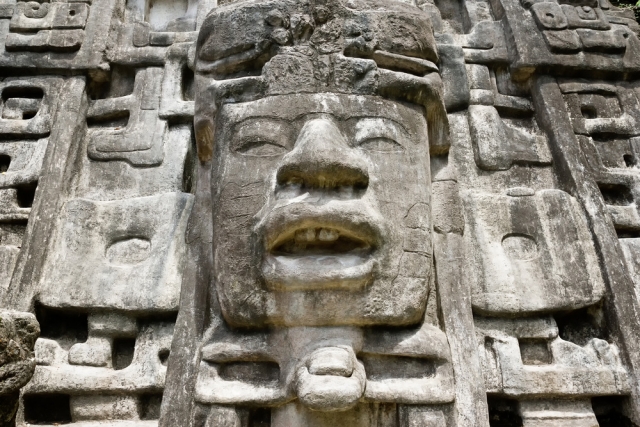New research sheds light on downfall of Classic Maya civilisation

The Maya was one of the world’s greatest ancient civilisations, and its apparently sudden decline in the 9th century AD has long been a subject for historical debate.
Now scientists have found evidence which appears to confirm the theory that the large-scale abandonment of Maya city states was precipitated by a massive drought which swept across Mexico in about 900 AD.
A team of international researchers has used sediment samples from a local lake on the Yucatan Peninsula to calculate historical rainfall and humidity levels. They have found that rainfall fell by up to 70% at the time when Maya cities were abandoned, lending considerable weight to the drought hypothesis.
Other theories that have been put forward for the Maya decline include disease epidemics, over-population, foreign invasion and the collapse of trade routes.

